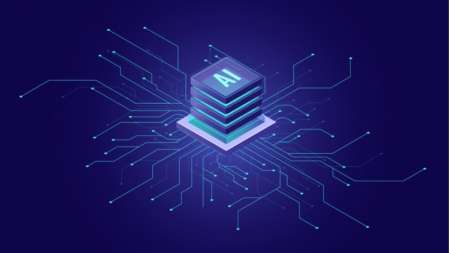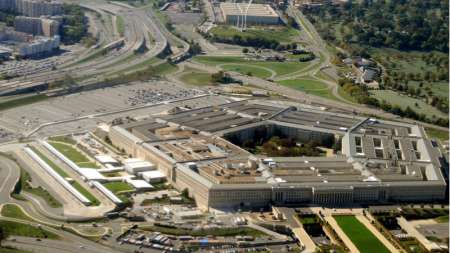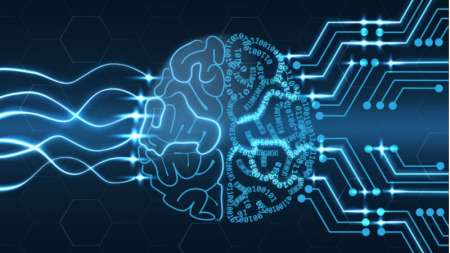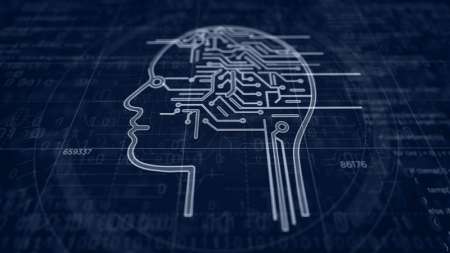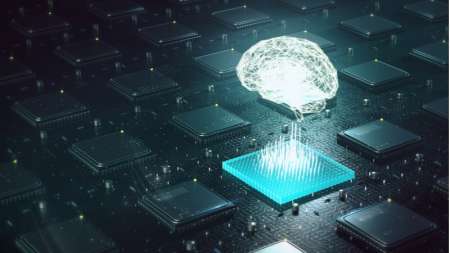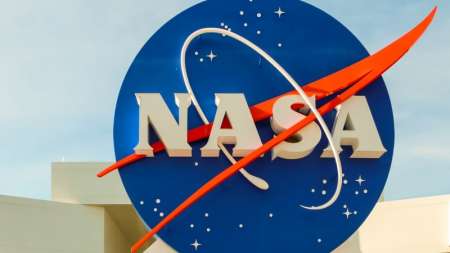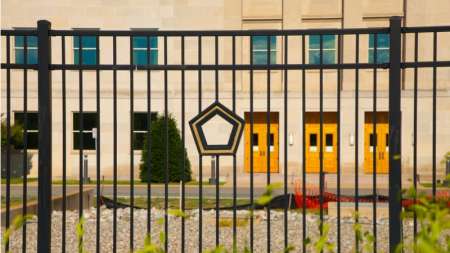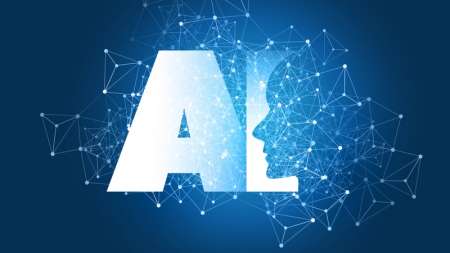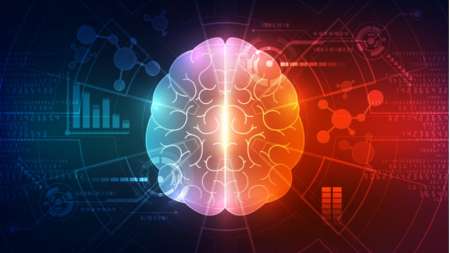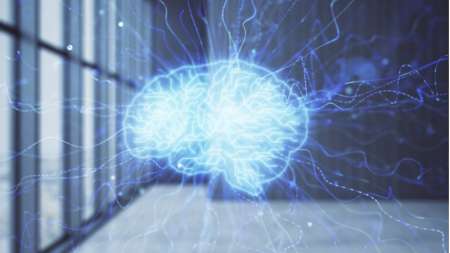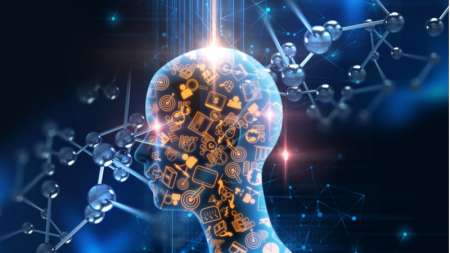As artificial intelligence (AI) adoption continues to grow across the Federal government, officials said on July 15 it’s important to share lessons learned across the government, and spoke about the importance of operational and organization efficiencies in the AI adoption process. […]
The Department of Defense is making investments in artificial intelligence (AI) a “top priority” and will invest around $1.5 billion in AI projects at the Defense Advanced Research Project Agency (DARPA) over the next five years, Defense Secretary Lloyd Austin said July 13. […]
Margrethe Vestager, the European Commission executive vice president focused on digital issues, said today she’s “really encouraged” by recent tech-sector actions taken by President Biden to create greater competition, and is hopeful emerging technologies such as AI will create a bigger public sector market. […]
The Government Accountability Office (GAO) has issued its artificial intelligence (AI) accountability framework for Federal agencies and other entities to ensure responsible, equitable, traceable, reliable, and governable AI. […]
On today’s episode of MeriTalking, MeriTalk’s John Curran speaks with Al Ford, Federal AI Alliances Manager at Dell Technologies, about Federal AI readiness and challenges. Ford shares ideas on the most helpful steps from a technology, infrastructure, and workforce perspective. […]
Deputy Secretary of Defense Kathleen Hicks said today that the Pentagon will be rolling out a new AI and Data Accelerator Initiative (AIDA Initiative) within the next 90 days as part of the Defense Department’s (DoD) Joint All Domain Command and Control (JADC2) strategy. […]
Cloud-based analytics capabilities are helping NASA to power its “digital twin” practices of digitally designing aircraft before any testing takes place on physical models of flying craft, […]
Rep. Jerry McNerney, D-Calif., introduced a bill that, if passed, would commission a study on blockchain technology and digital currency, and another on how artificial intelligence (AI) can aid the Consumer Product Safety Commission. […]
The White House Office of Science and Technology Policy (OSTP), along with the National Science Foundation (NSF) is launching the National AI Research Resource Task Force, which will serve as a Federal advisory committee to provide recommendations for establishing and sustaining the National AI Research Resource. […]
To embrace the opportunities of AI, the Department of Defense (DoD) says it needs to “adopt responsible behavior, processes, and outcomes in a manner that reflects the department’s commitment to its ethical principles, including the protection of privacy and civil liberties.” […]
Federal agencies looking to transition from artificial intelligence (AI) research and development (R&D) to operations must overcome challenges both unique to their agencies, as well as governmentwide obstacles. […]
The Defense Advanced Research Projects Agency (DARPA) is seeking innovative research concepts into how repressive regimes suppress the free flow of information. […]
Having adopted the Defense Innovation Board’s (DIB) ethical AI principles last February, a senior official with the Department of Defense’s (DoD) Joint Artificial Intelligence Center (JAIC) provided an update today on how the department is approaching those principles a year later. […]
Federal agencies are increasingly turning to artificial intelligence (AI) for advanced technology solutions, but face challenges operationalizing AI on larger scales at the agency level. […]
Development, Security, and Operations (DevSecOps) concepts are critical to adopting technologies like artificial intelligence (AI) and machine learning (ML), and building a DevSecOps culture will help ensure AI architectures are secure and national security maintained, military tech leaders said today. […]
Sens. Rob Portman, R-Ohio, and Martin Heinrich, D-N.M., have announced a pair of AI-focused bipartisan bills to strengthen U.S. AI readiness and support long-term AI investments. […]
The National Institute of Standards and Technology (NIST) is looking for parties to help the agency create a request for information (RFI) that would look to examine China’s role in setting international standards around emerging technology, according to a May 12 sources sought notice posted to beta.SAM.gov. […]
While artificial intelligence (AI) can provide plenty of opportunities for Federal agencies to advance their missions, adoption doesn’t come without challenges, officials said this week. […]
The Department of Veterans Affairs (VA) will pilot a program to assess the competencies of AI practitioners to ensure that the AI workforce at the VA is knowledgeable and capable of producing trustworthy results with the technology, according to Gil Alterovitz, director of artificial intelligence at VA. […]
The Government Accountability Office (GAO) is looking to publish by the end of June an internal AI Oversight framework that will be a first step in a “trust, but verify” development of AI solutions across the agency. […]
As the integration of artificial intelligence (AI) into processes becomes more and more the norm, issues of privacy, bias, and accessibility all must be taken into account when considering what is ethical use of AI, a National Institute of Health (NIH) official said today. […]
In a move to modernize financial reporting to the government and enable AI capabilities across new data sets, Reps. Carolyn Maloney, D-N.Y., and Patrick McHenry, R-N.C., introduced a bill on May 4 that would make the information reported to Federal financial regulatory agencies electronically searchable. […]
The Intelligence Advanced Research Projects Activity (IARPA) is seeking “seedling” research topics for next-generation microelectronics in support of artificial intelligence (MicroE4AI). […]
Artificial Intelligence Operations (AIOps) provides a wide range of benefits for agencies, but Fed IT experts say agencies face several challenges to make the most of their AI capabilities, such as data readiness and misinformation surrounding the new technology. […]
With development and adoption of AI increasing over the past year, Federal and private sector experts say the time for Federal agencies to invest in the technology – and to develop the deep knowledge to explain to the public how it works – is right now. […]
Over the past year, the country has seen surges in civil unrest, protests, and riots – culminating in the January 6 attacks on the U.S. Capitol. These domestic threats are increasing in intensity and frequency, and emphasize the importance of protecting both Federal and state government employees and facilities. […]
Sens. Gary Peters D-Mich., and John Thune, R-S.D., have introduced legislation that would strengthen the Federal workforce through attracting experts in the AI field to public service. […]
The Nuclear Regulatory Commission (NRC) is looking into how it could use AI and machine learning in nuclear power generation and is seeking comment from the commercial nuclear power industry to help in that inquiry, according to an NRC request for comment published April 21. […]
The FITARA 11.0 scorecard released in December 2020 turned out to be a pretty good report card for Federal agency IT operations. The latest set of grades marked just the second time since the House Oversight and Reform Committee started measuring agency progress against Federal Information Technology Reform Act (FITARA) and other key metrics that every agency received a passing score. […]
Rob Brown, chief technology officer (CTO) at the Department of Homeland Security’s U.S. Citizenship and Immigration Services (USCIS), today discussed the importance of data quality checks as well as what steps USCIS is taking to accelerate its digital modernization. […]

